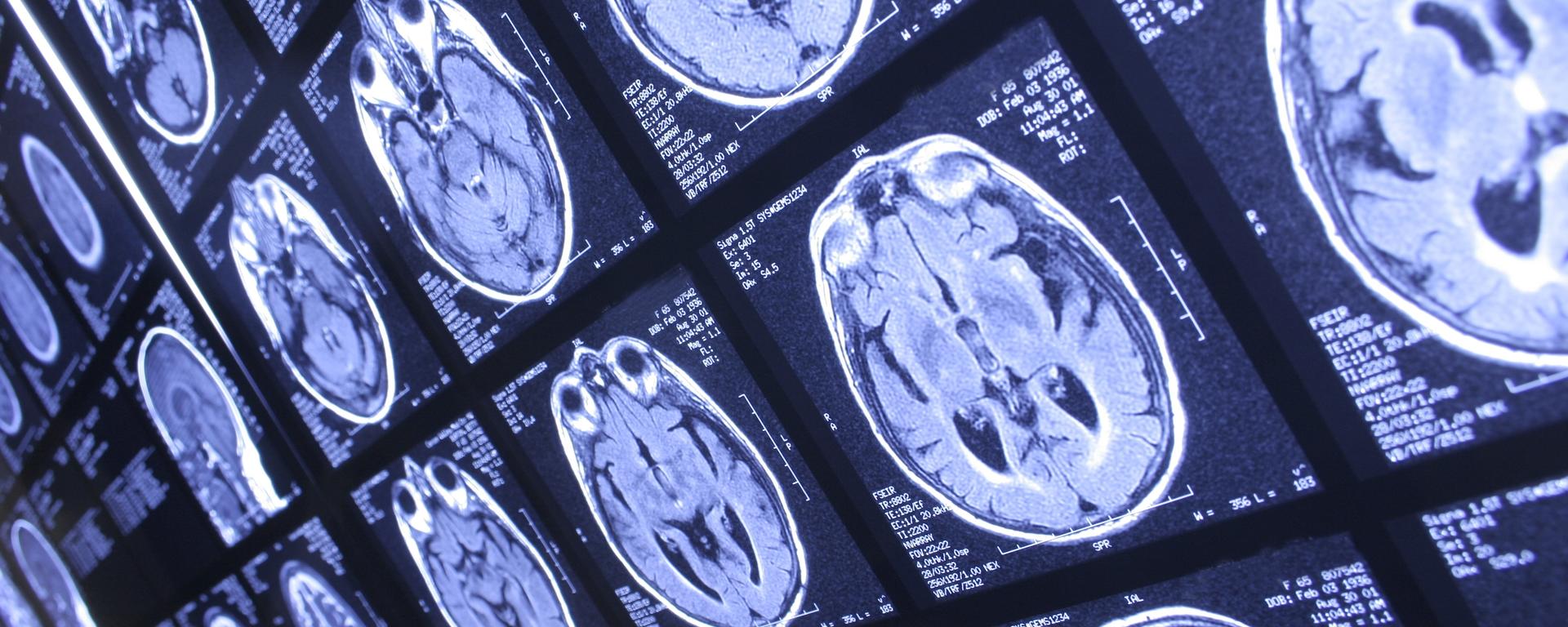Understanding how the brain controls behaviour remains one the biggest fundamental challenges of neuroscience. How behaviours are controlled or modified, how thoughts are turned into actions and how memories are gained or lost will be understood by studying the synaptic circuitry of the brain. Neurological and mental health conditions that range from epilepsy to the mental health disorders of depression and anxiety also have their basis in structural and/or functional alterations in the circuitry of the brain. A key trigger for many brain disorders is stress. The functional circuitry of stress remains to be fully understood. Frequently affecting adolescents and young adults, understanding the basis of neurological and mental health conditions is the focus of Brain & Behaviour. One out of every three Canadians will be affected by a brain or mental health disorder in their life and early detection and treatment is often critical to a swift recovery.
Researchers in the Brain & Behaviour theme are applying collaborative approaches and cutting-edge technology to advance our understanding of the cellular communication in the brain and how it influences behaviour. This research is guiding new treatments for existing conditions as well as developing important early-stage interventions to prevent the progression of disease, particularly in young people.
Apply to join a Brain & Mental Health Team, or to read more about the teams click here.
Brain & Behaviour Teams
The Mathison Centre for Mental Health Research & Education encompasses both Stress and Mental Health.
Stress is an important trigger for mental health disorders and strongly correlated with the development of many physical conditions. The goal of the Stress Team is to better understand how the brain processes stress and how stress modifies the brain and nervous system as evidenced changes in a broad range of behaviours. Led by Dr. Matthew Hill, the team is comprised of members with diverse research interests.
Team members have diverse research interests, from depression and anxiety to chronic pain and bipolar disorder, among others. The team’s current goals are: to strengthen collaborations within this large team; to develop pilot funding for high-risk projects; and to continue creating registries that facilitate mental health research. A subset of the team holds a Brain and Mental Health Strategic Research Fund grant focusing on innovative approaches to investigate the association between mental health and school success and to test the impact of an anti-stigma intervention.
The Epilepsy team has multiple areas of focus, spanning all ages to create a holistic view of epilepsy in pediatric and adult populations. A particular area of interest is the postictal period - the altered state of consciousness that immediately follows an epileptic seizure (Dr. Cam Teskey). Another important research area for the epilepsy team is their work on discovering the best models for epilepsy treatment (Dr. Deborah Kurrasch).
The team of basic scientists and clinical researchers successfully obtained a Brain and Mental Health Strategic Research Fund grant and are working towards a clinical trial. The team has strong links to the Alberta Children’s Hospital Research Institute (ACHRI) and builds on their strengths in epilepsy and seizure disorders to develop a translational continuum from childhood through to adulthood; from bench to bedside to population health studies.
Neurodevelopmental disorders can affect a child’s emotion, learning ability, and behaviors. The Neurodevelopment Team is focused on understanding fundamental developmental programs and how these processes might be perturbed in various disease states. The team shares a unifying theme in understanding brain circuitry across the spectrum, including model organism researchers who study how neurons differentiate and circuits form; synaptic physiologists who examine circuit function in vivo and in vitro; translational researchers who use behavioral approaches to understand how cognitive and language circuits in children develop; and imaging scientists who study factors that influence axonal tract formation and brain volume in children.
In 2018, this NeuroTeam merged with the Owerko Centre for Neurodevelopment and Child Mental Health, whose mandate is to be a multidisciplinary research hub with a broad focus on neurodevelopment, neurodevelopmental disorders, and child mental health. Working with Owerko researchers, NeuroTeam members now collaborate with clinical and policy researchers, among other research interests, to translate their findings more broadly.

